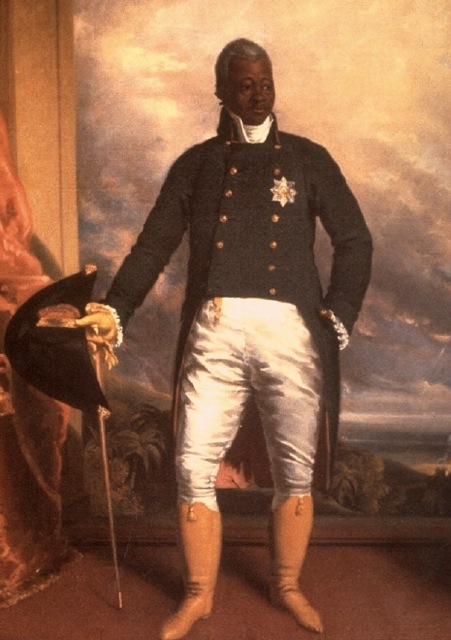Apr
10
Flipping the coin.
Posted by: | April 10, 2010 | Comments Off on Flipping the coin.
The most interesting part of this course for me has come at the end with the comparison of McOndo and Macondo. As a HUGE fan of magical realism, I was at first thrown off with the mission statement of McOndo’s editors…..Why would they want to criticize such a beautiful genre of writing? But after reading a few of the stories within the collaborative work, I realize that they are right: Latin America was being stereotyped, and in a big way. Reading the works of authors who are young, innovative, and not well-known is always an eye-opening event. I certainly didn’t enjoy all of them that I read (ie: “Mi estado físico”….sorry, boring), but on the whole they delved into a Latin America that we don’t usually see, but that we can all relate to. Why? Because it is a world almost identical to ours.
McOndo dances around with the idea of globalization. It’s ironic that they were searching for the true flavour of Latin American literature, and ended up with an interrelation of all things human. Well, maybe not ALL things human….
I say this because I was surprised at the utter lack of female author representation in McOndo. What does this tell us? That Latin America does not have female writers? That their work is sub-par? That they are not supported? Clearly, Latin America has female writers (many of them celebrated…although we know Jon’s thoughts on Laura Esquivel!) The last scenario is perhaps more the case. Where are these unsupported, unknown female writers, and why didn’t McOndo track them down in order to add them to the shortlist of young and upcoming Latin American writers? Now, I’m not a feminist or on a mission to bring Latin American women into the limelight for whatever their achievements in writing are (ah, see….total ignorance on that subject!); but c’mon editors, let’s not be too one-sided here! Show the world all of the identities enveloped in that phrase of “Latin American Writers“.
Overall, this course was a pleasure. It has piqued my interest in magical realism and provided background and insight into its method and symbolism. Once again, rounding the course out with a book dedicated to changing the perspective on Latin American writing was an engaging concept. I may still attribute some of the best magical realism out there to the writers of Latin America, but at least now I have witnessed the other side of that coin.

